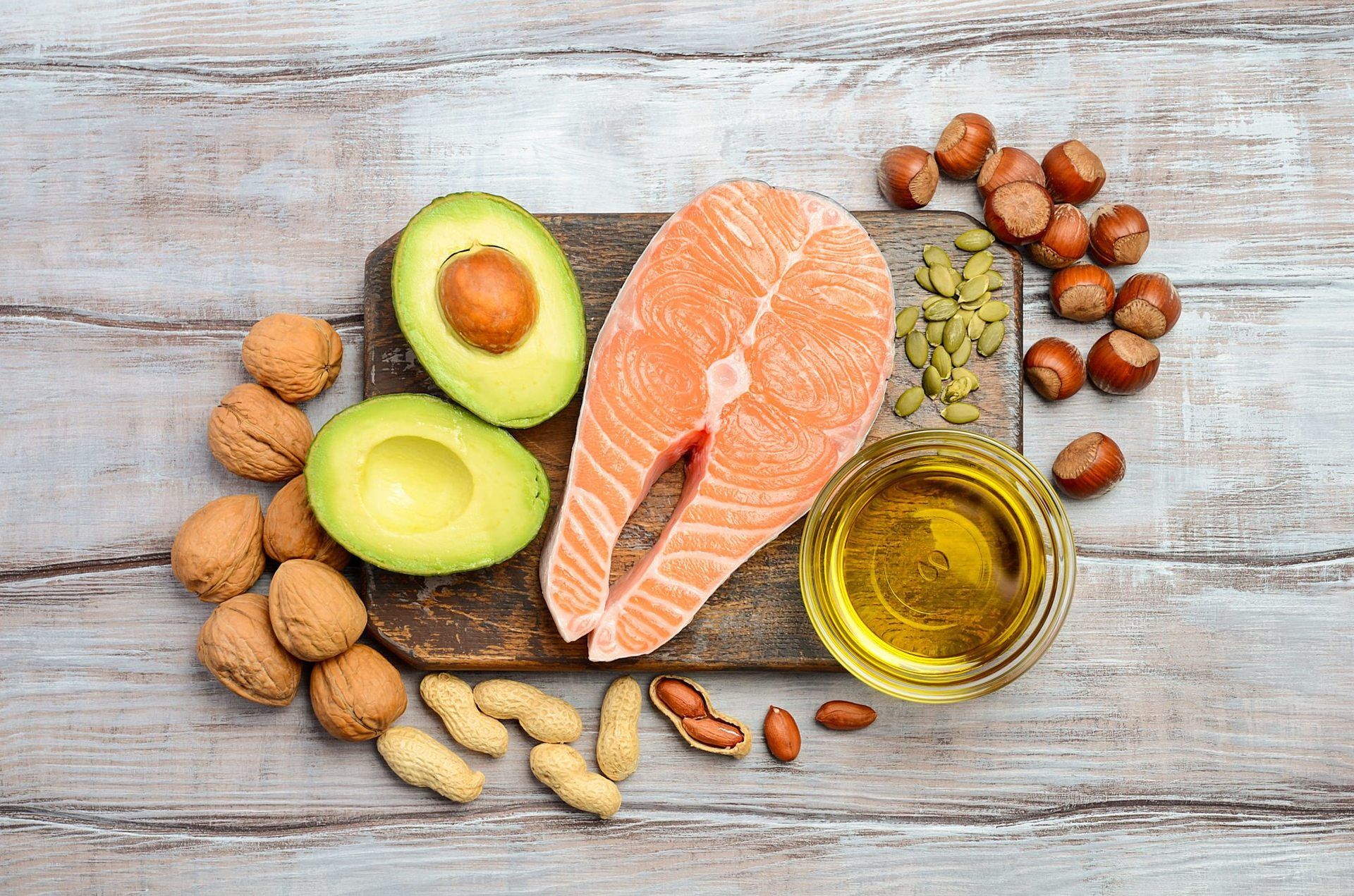One of the biggest blunders the food production industry has ever made was when fat was removed from most recipes and replaced with sugar.
This action has resulted in the general population being pushed down a path that has led towards diabetes, obesity and put us at a higher risk of cardiovascular disease. Despite what we were led to believe by the food industry, fat can actually play a major role in improving our overall health as well as aiding in lowering cholesterol and boosting brain function and weight loss.
A way that we can use fat to lower the risk of cardiovascular disease and cholesterol is by increasing our consumption of good fats, aka unsaturated fats, and decreasing our bad fats, aka saturated fats. This causes a reaction in the blood stream where HDL’s, “high density lipoproteins”, travel through our veins, arteries and heart breaking plague off the walls that are deposited there by LDL’s, “low density lipoproteins”, thus lowering our blood pressure and allowing our circulatory system to work more efficiently.
THE SCIENCE BEHIND THE BENEFITS OF FAT
Studies show that high fat diets can increase brain function and help aid weight loss, and this is done through ketosis. Ketosis is a state the body enters where it breaks down fat to be converted into energy. You can see how this might be helpful for someone looking to lose weight. Ketosis can only be achieved once our body has burned through its remaining glycogen stores (carbohydrates). Like every other organ in the body the brain uses mostly glucose (carbs) for energy to function, but when the body is put into metabolic stress and there is a high amount of ketones traveling in the blood, it uses fat for proper function.
When the brain is functioning normally off of ketones, we are seeing it is able to ward off the disease stressors that would normally kill the hippocampal cells, which is crucial in maintaining the part of the brain responsible for learning and memory. Hippocampal cells often degenerate in age-related brain diseases, leading to cognitive dysfunction and memory loss.
HOW KETONE DIETS WORK
Although following a Ketone diet has been proven to be successful, it is important to be aware that to properly maintain a ketogenic diet you must be consuming approximately 70 % of your calories from fat sources, and you must decrease your carbohydrate consumption to under 80 grams a day otherwise you will not receive the benefits of a low carb, high fat diet.
Those not looking to enter into a full Ketogenic diet can still increase their healthy fat consumption and receive the benefit of higher brain function and lower risk of CVD as well as improve reproductive health, reduce the risk of osteoporosis, reduce the risk of cancer and help create a stronger immune system.
Here is a list of some healthy fat options to supplement your diet:
- Avocados
- Nuts and nut/seed butters
- Olives
- Olive oil
- Ground flaxseed
- Salmon
- Tuna
- Dark chocolate
- Tofu
- Chia seeds
- Full fat milk and yogurt
Of course, a healthy diet is also best supplemented by a healthy fitness regime! So join us at Innovative Fitness for your next workout.
Follow IF on Instagram.
Watch IF on YouTube.






